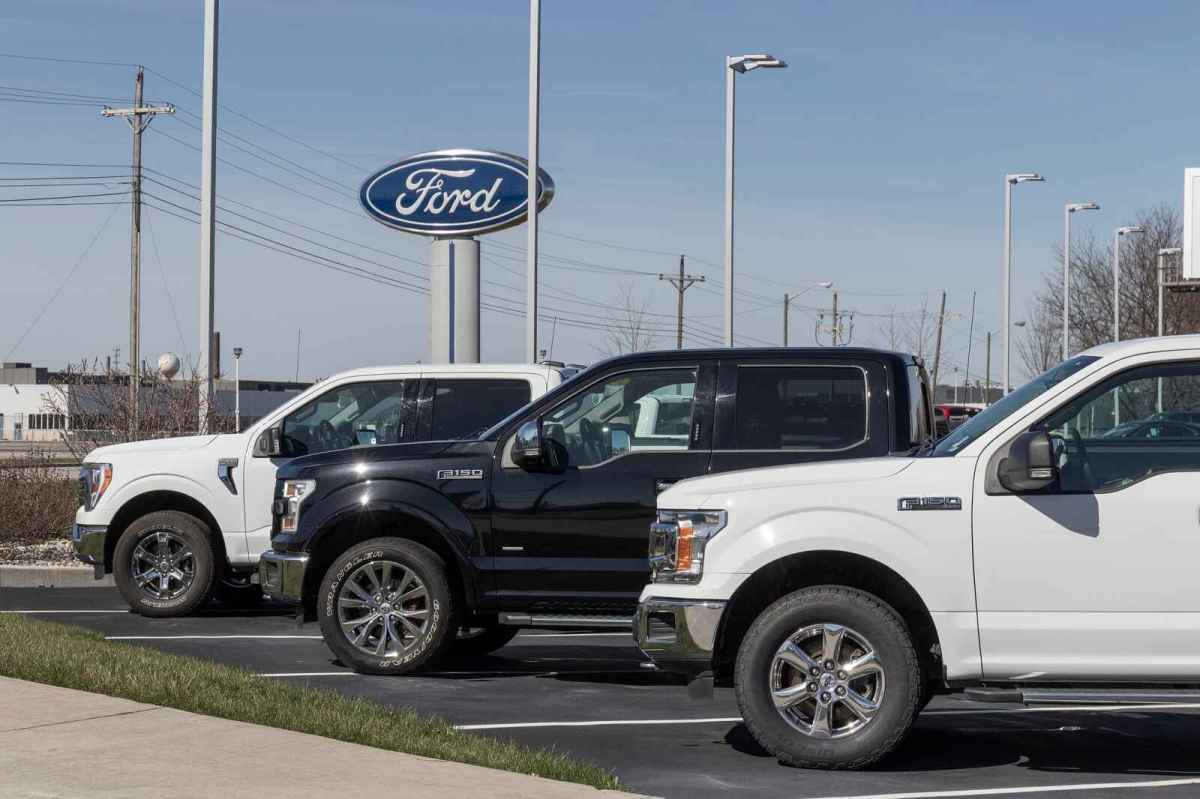And with the ongoing supply chain issues that Ford has been facing, there is growing concern about how it is impacting smaller, independent dealerships.
Small, family-owned dealerships often rely on a steady supply of vehicles from manufacturers like Ford to keep their businesses running smoothly. However, with the global semiconductor shortage and other supply chain disruptions, many of these smaller dealerships are finding themselves struggling to keep up with demand.
The lack of available vehicles has led to frustrated customers and lost sales for these mom and pop dealerships. Customers who walk into a dealership expecting to find their desired Ford vehicle are often disappointed to hear that it is not in stock and they will have to wait for an uncertain amount of time. This not only leads to a drop in customer satisfaction but also affects the dealership’s revenue.
Additionally, the lack of inventory is also impacting the ability of these smaller dealerships to offer a diverse range of vehicles to their customers. With limited options available, it becomes difficult for them to cater to the specific needs and preferences of their clientele. This can ultimately result in a loss of loyal customers who may turn to larger dealerships or even other brands for their vehicle purchases.
The impact of Ford’s supply woes on mom and pop dealerships is not limited to just the immediate sales and revenue losses. It also affects the overall reputation and brand image of these smaller businesses. Customers who have a negative experience due to the lack of available inventory may be less likely to return to that dealership in the future or recommend it to others. This can have long-term consequences for the dealership’s success and sustainability.
Furthermore, the supply chain issues have also put pressure on these smaller dealerships to adapt and find alternative solutions to meet customer demand. Some may have to source vehicles from other manufacturers, but this comes with its own set of challenges, including establishing new partnerships and dealing with different inventory and pricing structures. For others, it may mean focusing more on servicing and maintenance to compensate for the dip in new vehicle sales.
In response to these challenges, Ford has taken steps to support its smaller independent dealerships. The company has been working to prioritize their inventory allocations, ensuring that these smaller dealerships receive a fair share of the available vehicles. In addition, Ford has been providing financial assistance and other forms of support to help these dealerships weather the supply chain storm.
Despite these efforts, it is evident that the impact of supply chain issues is deeply felt by mom and pop dealerships. As the automotive industry continues to navigate through these challenges, it will be crucial for manufacturers like Ford to prioritize and support their smaller, independent partners to ensure their long-term success and sustainability. The resilience and adaptability of these smaller dealerships will be essential in overcoming the current supply woes and continuing to serve their local communities with quality and reliable vehicles.
